How to choose chair upholstery – a fabric expert guides us through the options
For longevity, stain-resistance and good looks, it's vital to choose the right upholstery for chairs. Here's how
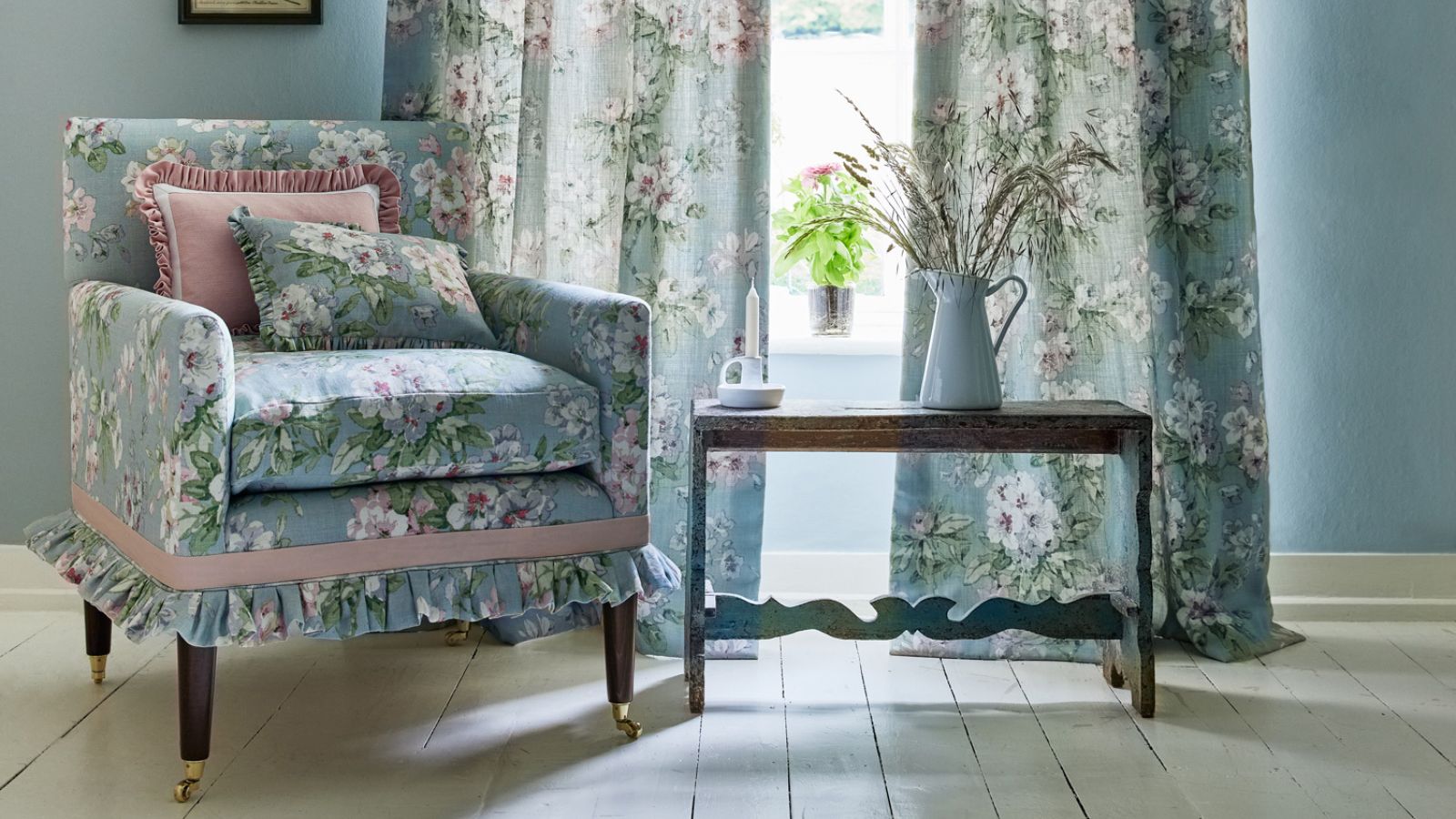

Don’t be hesitant to choose a chair upholstery fabric that is a departure from the rest of the room; in fact, many of the most successful schemes use a mix of upholstery fabrics in a variety of textures and patterns.
Choosing upholstery fabric can make a tremendous difference to the overall look and feel of a chair, whether you’re reupholstering an old favorite or buying a brand new one.
Do you want an accent chair that makes a bold statement or one that harmoniously coexists with its surroundings? Is the chair going to get a lot of use? Will the family pet start using it as their new favorite spot to nap? Find some of the current trends we’re loving and our recommendations for the best chair upholstery fabrics, below.
How to pick chair upholstery fabric
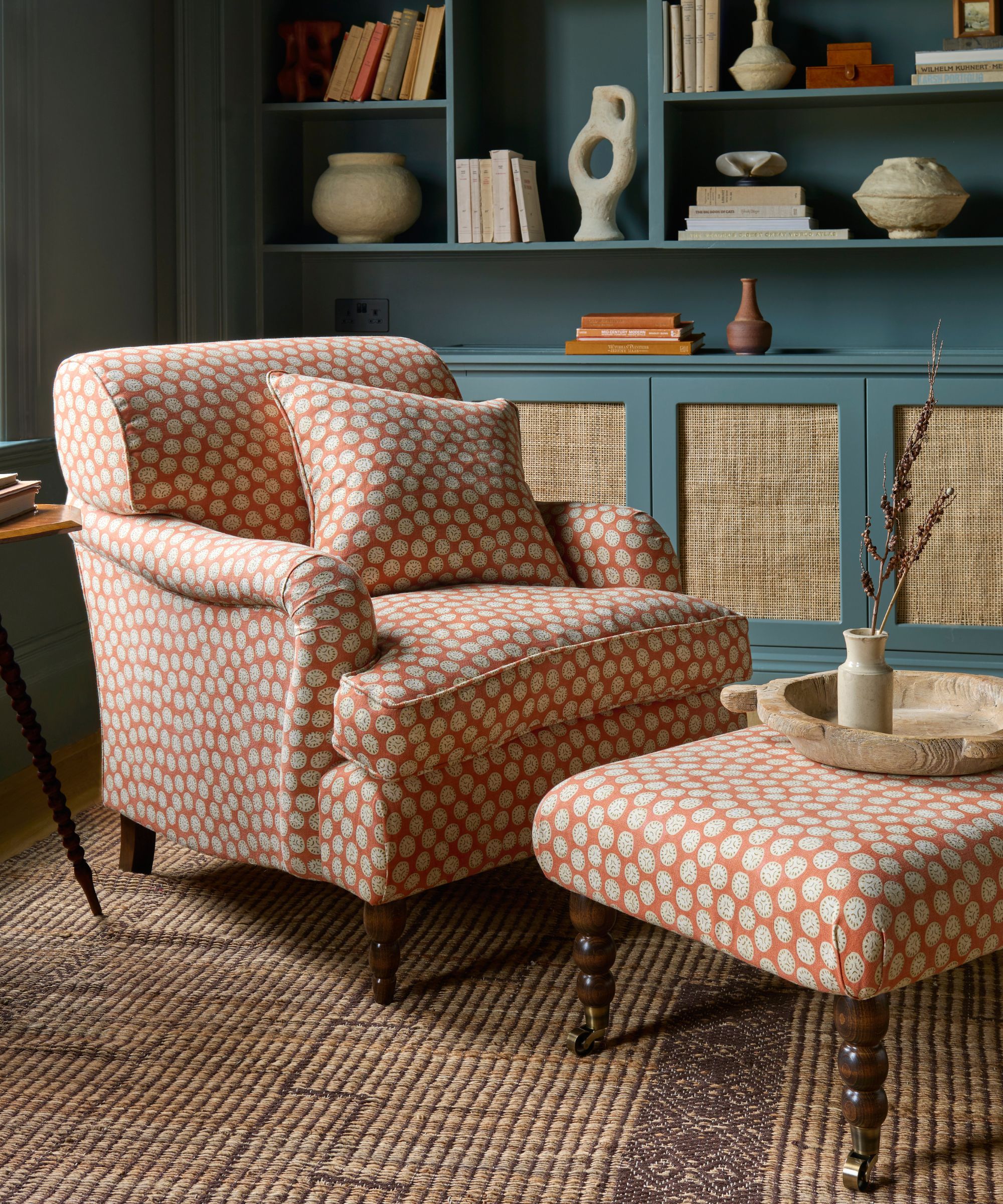
Bibi: Chitgar (Ginger Biscuit), Linwood
The aesthetic value of the fabric you choose for a chair's upholstery is just one of several considerations.
‘Think about how the fabric will look with the piece you have in mind; some fabrics, like velvets and bouclés, go especially well with rounded furniture,’ says Ella Richards, Linwood's Head of Design. ‘While printed designs, like a patterned pure linen, can give a simple chair a striking new identity.
'Make sure the fabric can withstand the expected amount of wear and tear; a high rub test and the ability to resist stains are essential if the item is likely to see heavy use.
'Many of our recent collections have featured lovely, tumbled linen which is ideal for a laid-back vibe. If you choose to use slipcovers, it is important to consider how much the cloth will shrink before making the covers.
'An armchair or occasional chair upholstered in velvet with a vintage print would be our idea of bliss. Velvets are exceptionally forgiving because of their durability and stain resistance and there is an array of patterned velvets which are even more lenient.
'Wool is another excellent chair upholstery fabric since it is fire-resistant, water-resistant, durable, breathable, and temperature regulating (it keeps you cool in the summer and warm in the winter).
'We’re big fans of the aesthetic achieved by pairing two contrasting fabrics on one piece of upholstered furniture; this is especially useful when showcasing a more delicate fabric by placing it on the piece’s back and pairing it with a more durable fabric for the seat and front.'
Which color upholstery fabric to pick?
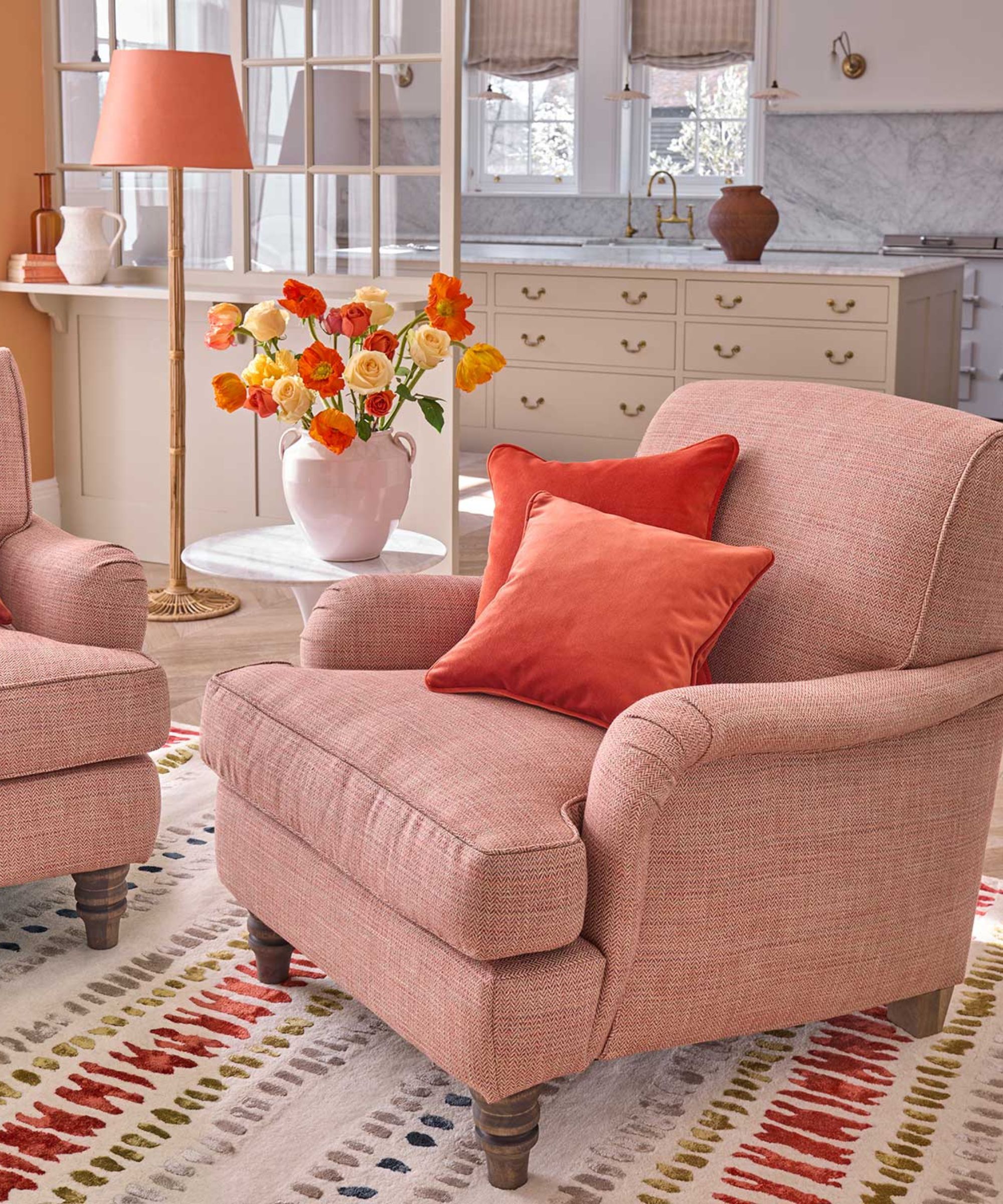
Leckford (Ember), Linwood
'Since blue is often recognised as a calming color, it is an excellent option for upholstery materials in a restful design scheme,' continues Ella.
'Darker blues, such as indigo, look gorgeous when combined with earthy neutrals to create a color scheme that oozes tranquilly.
'Lighter blues, such as eau de nil and aqua, are incredibly soothing. Soft ochre throw pillows and walls complement the calming atmosphere created by the linen’s subtle striped pattern.
'Adding an armchair upholstered in a soft pink fabric is a great way to make a space feel more inviting. Here, armchairs in a soft dusty pink are paired with pillows in brilliant tangerine orange velvet to show that bolder colors don’t have to be paired with neutrals to look great together. Take comfort in the chairs’ design, which can be used in either a modern or classic setting.
'Sofas and chairs upholstered in neutral tones will always appear chic and understated. A linen or cotton sofa, wool fabric ottoman, and soft bouclé armchair are all great examples of how to use multiple upholstery materials in neutral tones to create a subtle layered appearance in a room.
'Another classic option for upholstery fabric, sage green is great for bringing nature within. Sage green is such a soothing color that you can use it as a neutral by pairing it with other neutrals like oatmeal, stone and chalk while still bringing in some green with throw pillows and houseplants.'
Which fabric pattern to choose?
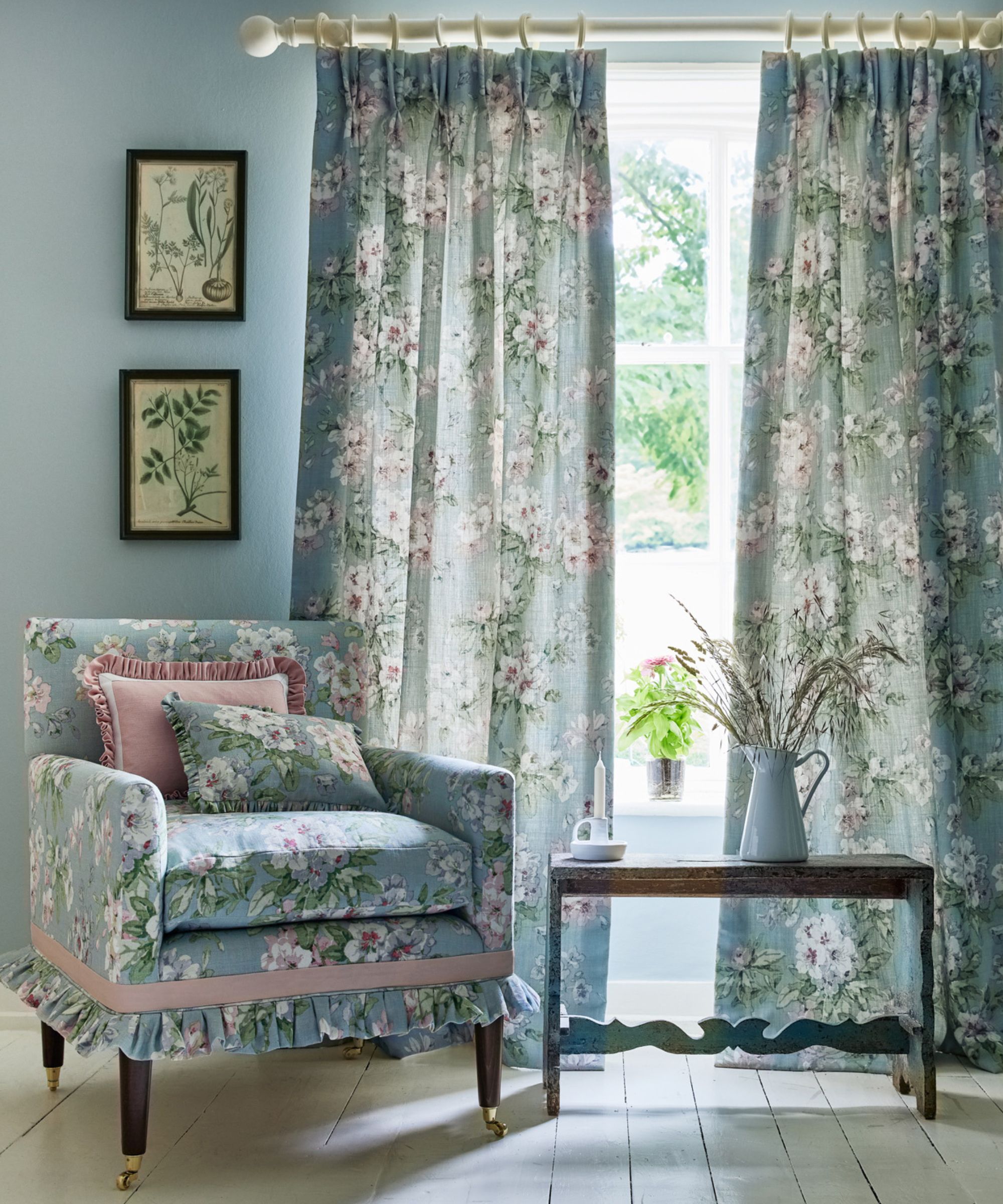
The English Garden: Gertrude (Blue Green), Linwood
'Armchairs are fantastic for adding pattern without going crazy, especially if you opt for a smaller chair, as they use much less fabric than curtains or a sofa,' says Ella.
'This lovely armchair (above) perfectly depicts the style of an English country home with its soft, romantic colors, and picks up on the skirted chair trend. The slipcovers are a classic pure linen floral design with a pink border and ruffled hem for a feminine touch. Complementary ruffled pillows are also included. The walls are a lovely duck egg blue, and the drapes are made from the same flowery linen.'
DIY upholstering or hire an expert?
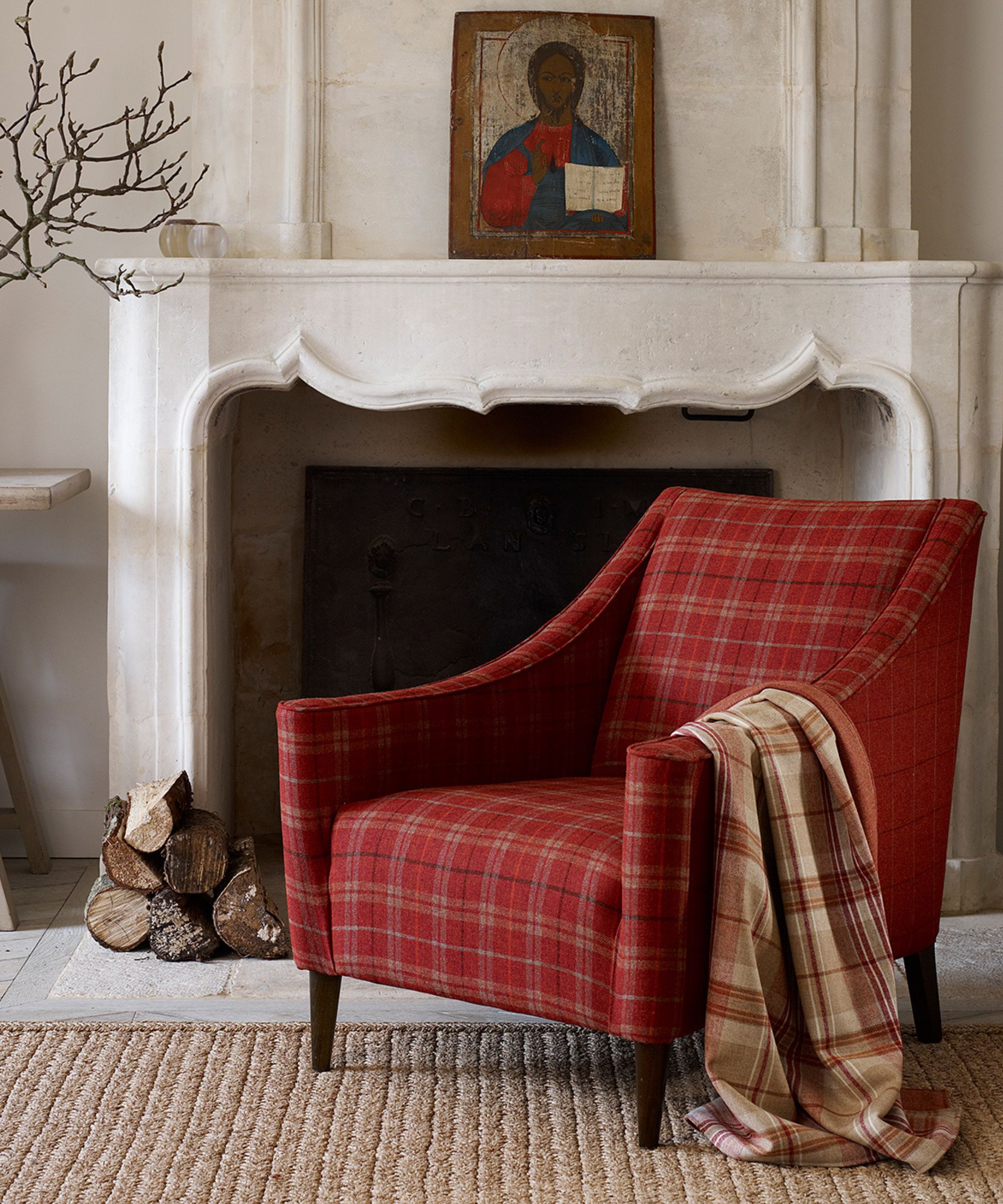
Ollaberry/Roxburgh: Samphrey and Belmont (Balfour), Linwood
'DIY projects, particularly chair upholstery, rarely turn out as planned because of the inexperience of those who have not been trained in the art. It would be a shame to waste a high-quality cloth or the furniture itself, both of which can be considered an investment,' advises Ella.
'Slipcovers are a more feasible undertaking if your sewing skills are up to par, especially if you have access to a machine that can overlock the edges for a polished finish.
'A better option still is commissioning upholstery for a professional finish.'
How to care for chair upholstery
Your chair, like all upholstered furniture, requires routine maintenance to appear its best over time, and this should be a consideration when choosing chair upholstery.
Slipcovers can be washed on a frequent basis; just make sure you follow the care directions and laundry symbols, and don't put too much into the washer drum at a time.
'To reduce the amount of shrinkage, try to reshape the covers and iron the fabric from the back,' says Ella.
'A professional cleaning for a chair with fixed coverings can be avoided with regular maintenance, including vacuuming with an upholstery attachment, and plumping up any loose cushions to redistribute the filling and eliminate dust.
'Attempting a spot clean to remove stains is not recommended since it can leave a mark or ruin the pile of the fabric. To clean upholstery, carefully blot up a spill as soon as possible, but if a stain persists, professional assistance will be required.
'Keep in mind that some fabrics, like wool, are naturally water repellent, while others, like polyester velvets, include sophisticated stain resistant treatments, making them ideal for households prone to spills.
'When having your chair professionally cleaned, you should also clean any matching accessories, such as drapes or throw pillows, to ensure that no color-transfer occurs.'
FAQs
What to look for in chair upholstery?
Other than the considerations of wear, cleaning, color and pattern, it's also important to ensure you find the fabric comfortable against your skin, and to ensure it's lint-free for those allergic to dust. Think, too, about your local climate: do you live in a zone that's really sunny or humid? In these cases, you need to consider chair upholstery that's fade-resistant and mold-resistant, too.
Which is better, buying a new chair or reupholstering?
'This very much depends on the chair,' says Homes & Gardens' Deputy Editor Jo Bailey. 'If it is a treasured piece or one with an unusual silhouette, it will be better to reupholster it; if it isn't a special piece or one that's particularly well made, investing in a new, quality chair that you can reupholster in future will be better. Cost-wise, it's often more expensive to reupholster an expensive chair than to buy a new cheaper one. However, it's more eco-friendly to reupholster an antique piece, and the result will be more charming.'

Jo Bailey is Deputy Editor of Homes & Gardens, overseeing all features for the print edition. Before joining Future PLC, she worked as an interior stylist for over ten years, specializing in commercial photo shoots for luxury clients such as; Design Centre Chelsea Harbour, Christopher Farr Cloth and Heal's. She has worked with Homes & Gardens for over a decade, having styled and produced editorial shoots and events over the years.
Sign up to the Homes & Gardens newsletter
Design expertise in your inbox – from inspiring decorating ideas and beautiful celebrity homes to practical gardening advice and shopping round-ups.

Lucy Searle has written about interiors, property and gardens since 1990, working her way around the interiors departments of women's magazines before switching to interiors-only titles in the mid-nineties. She was Associate Editor on Ideal Home, and Launch Editor of 4Homes magazine, before moving into digital in 2007, launching Channel 4's flagship website, Channel4.com/4homes. In 2018, Lucy took on the role of Global Editor in Chief for Realhomes.com, taking the site from a small magazine add-on to a global success. She was asked to repeat that success at Homes & Gardens, where she has also taken on the editorship of the magazine.
-
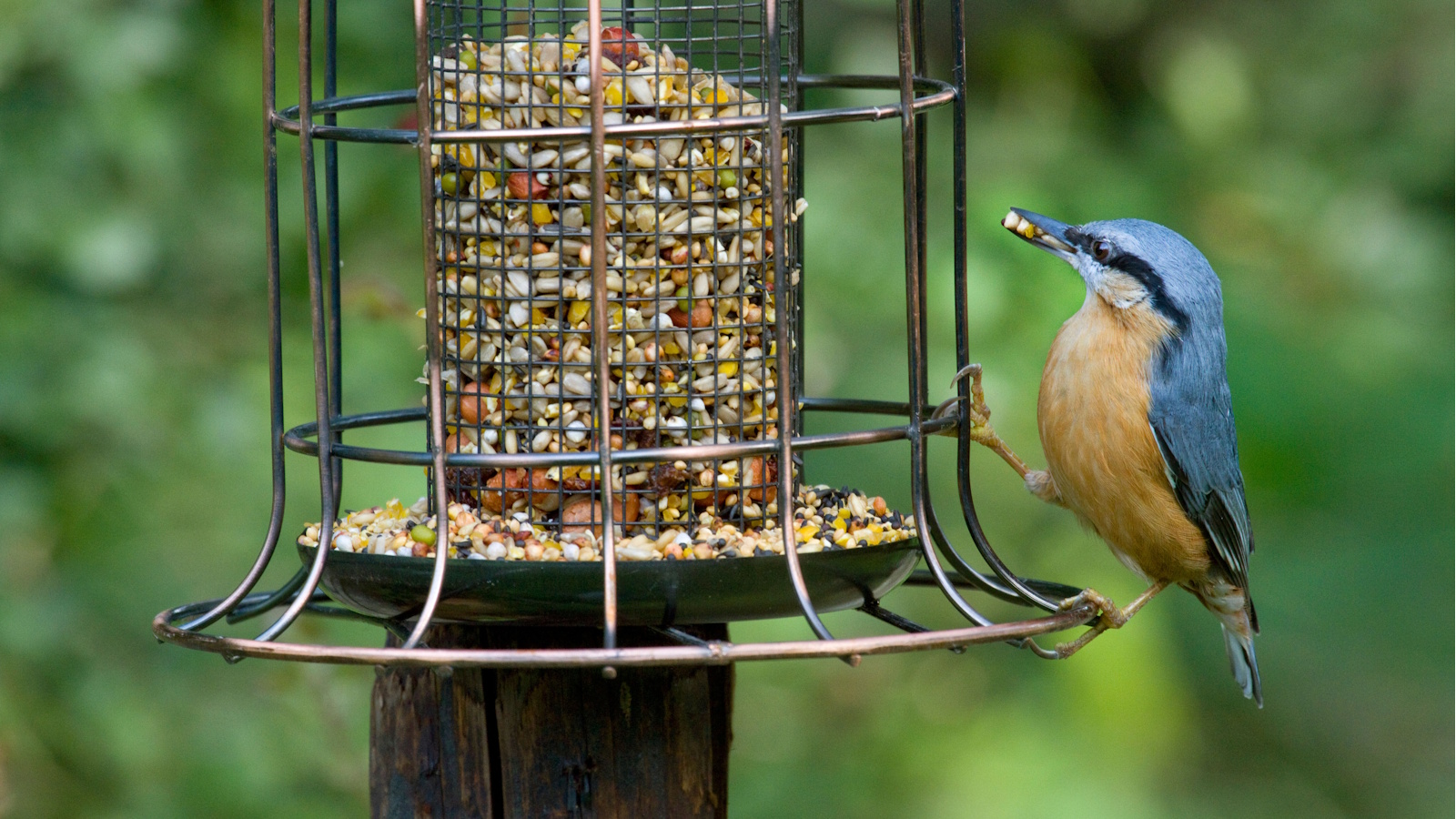 Gardeners are putting pasta in bird feeders this spring – but there is one important warning you need to know before following suit
Gardeners are putting pasta in bird feeders this spring – but there is one important warning you need to know before following suitCooked pasta can be a nutritious snack for birds, but serving it in the wrong way could cause them harm
By Tenielle Jordison
-
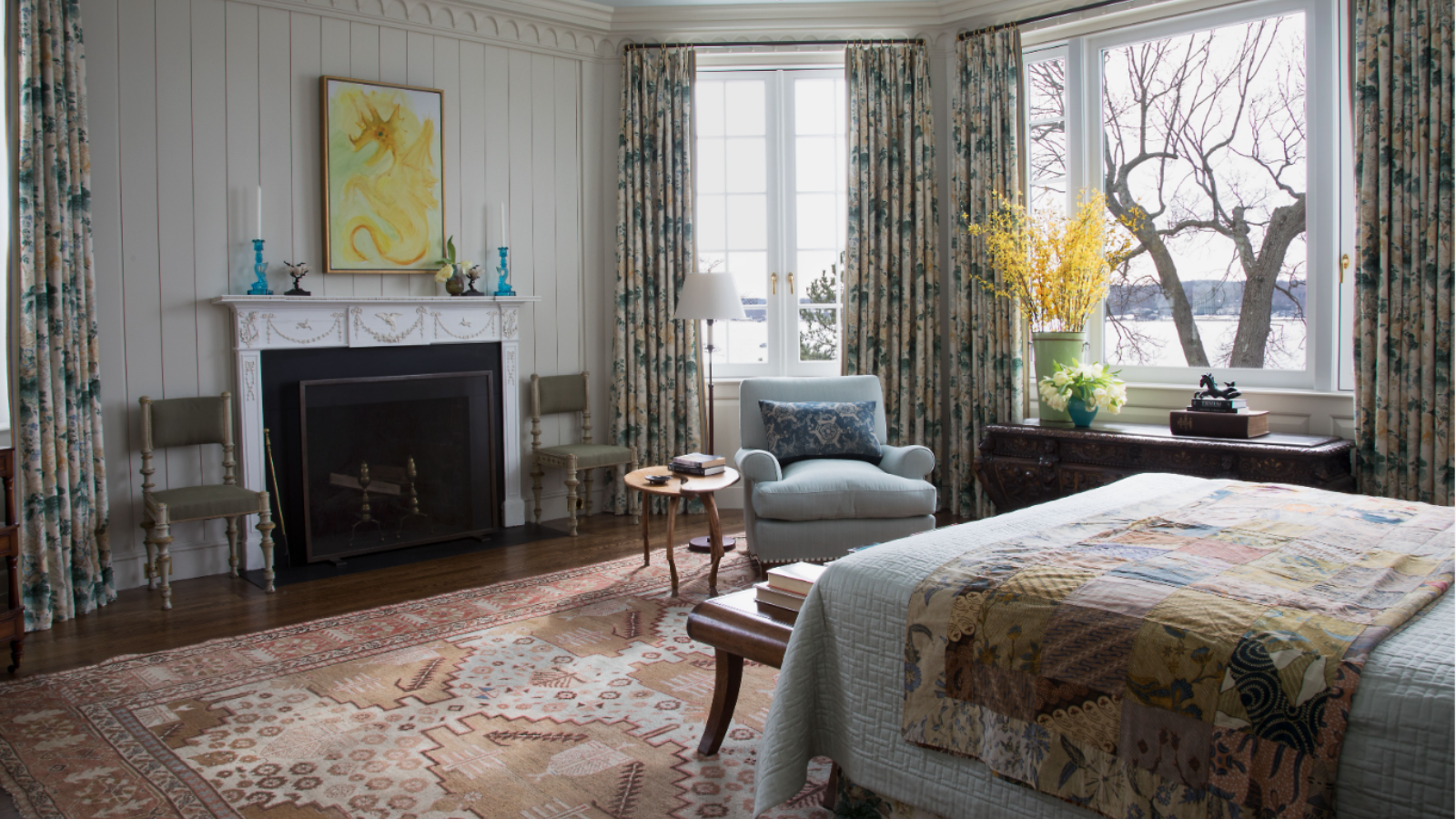 What is an estate sale? Everything you need to know about how they work and what to expect, whether you are holding one yourself or shopping second-hand gems
What is an estate sale? Everything you need to know about how they work and what to expect, whether you are holding one yourself or shopping second-hand gemsIt pays to know exactly what you are getting into when shopping at estate sales
By Ciéra Cree